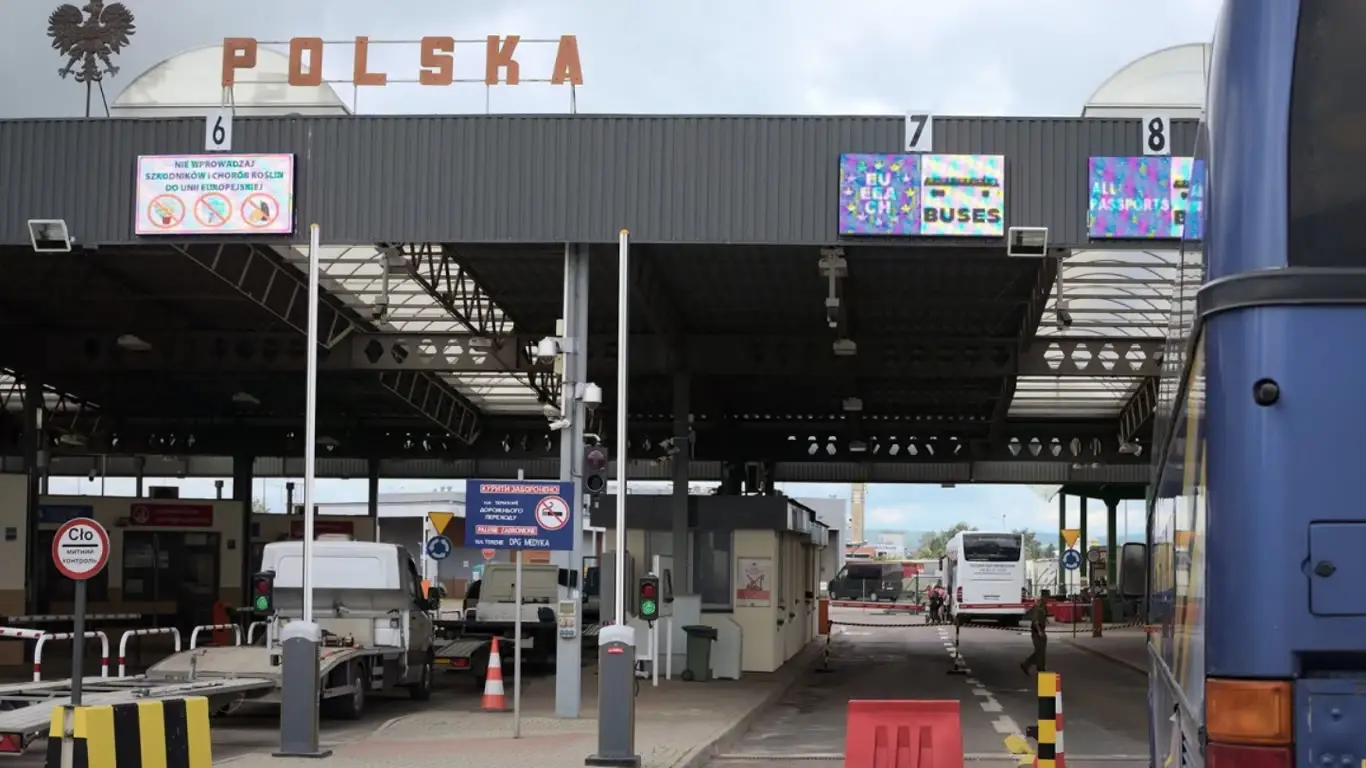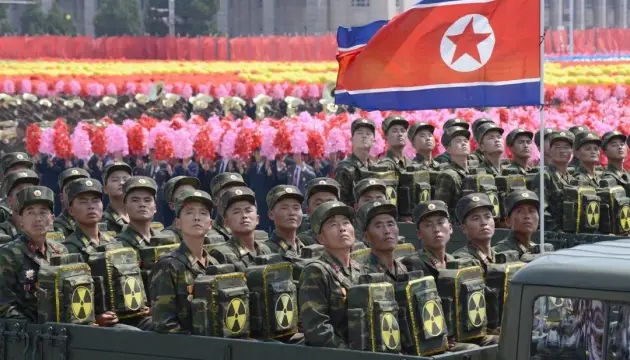Polish carriers announce border closure with Ukraine: reasons given

Polish carriers are dissatisfied with the liberalisation of international transport between Ukraine and the EU.
Polishhauliers have announced their intention to close all checkpoints with theUkrainian side due to increased competition following the liberalisation ofinternational transport between Ukraine and the EU.
Accordingto the Ukravtoprom association, thefirst strike involving Polish carriers is scheduled for 3 November at theKorchova checkpoint, which will last two months. The strikes are caused byexcessive competition following the liberalisation of international transportbetween Ukraine and the EU.
Polishcarriers are demanding
- to returnthe issuance of permits to Ukrainian carriers;
- totighten transport rules for foreign carriers in accordance with the EuropeanConference of Ministers of Transport (ECMT);
- theimpossibility of registering companies in Poland if their finances are notlocated in the EU;
- aseparate queue in the E-queue for cars with EU licence plates;
- aseparate queue at all borders for empty lorries;
- access tothe "Shliakh" system.
It is notedthat if earlier carriers in Poland were limited to one checkpoint, now theyplan to close all available entrances from Ukraine.
Strikes are harmful, negotiations are the wayout
TheMinistry for Communities, Territories and Infrastructure Development of Ukrainehasasked the Polish Ministry of Infrastructure and the European Commission'sMobility Directorate to hold meetings with all parties involved to resolve theissue of implementing the memorandums on the capacity of Ukrainian-Polishborder crossing points.
"Ourposition is that such strikes and blockades harm everyone: both Ukrainian andPolish carriers," said Serhiy Derkach, Deputy Minister of Communities,Territories and Infrastructure of Ukraine.
TheMinistry informed that a meeting with the European Commission'sDirectorate-General is scheduled for 31 October. The key goal is to developjoint solutions that will help increase the throughput capacity and ensurestable operation of the border.
This is notthe only recent collision in trade and economic relations between the twocountries.
In earlyMay 2023, the European Commission banned imports of a number of grain cropsfrom Ukraine to five EU countries: Bulgaria, Hungary, Poland, Romania andSlovakia.
On 15September, the European Commission lifted the restrictions on imports ofUkrainian grain to all five countries. However, the Polish authorities refusedto resume grain imports, despite the decision of the official Brussels.
The Cabinetof Ministers warned that Ukraine would apply to the World Trade Organisationarbitration to compensate Poland for losses caused by the grain import embargo.













